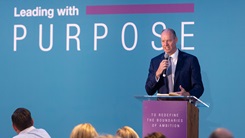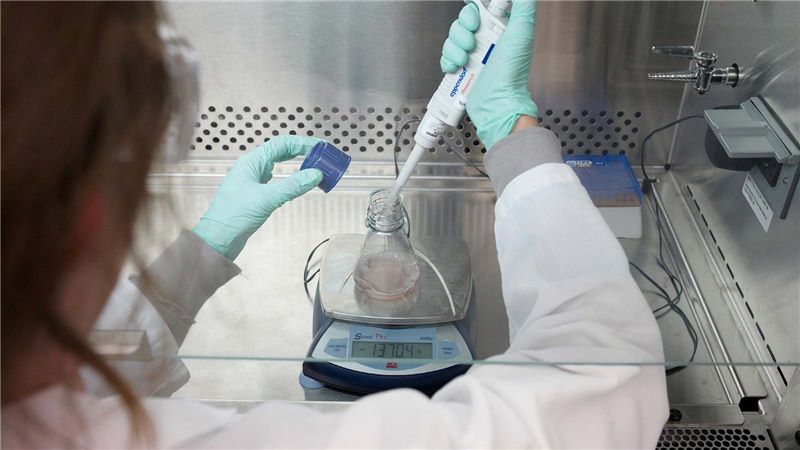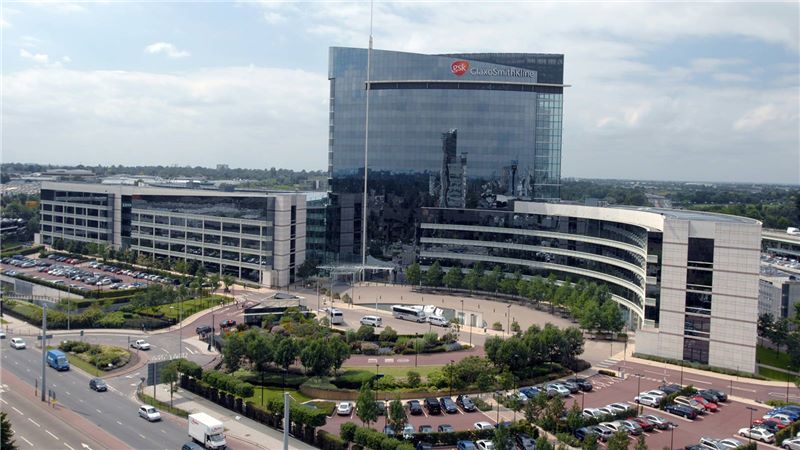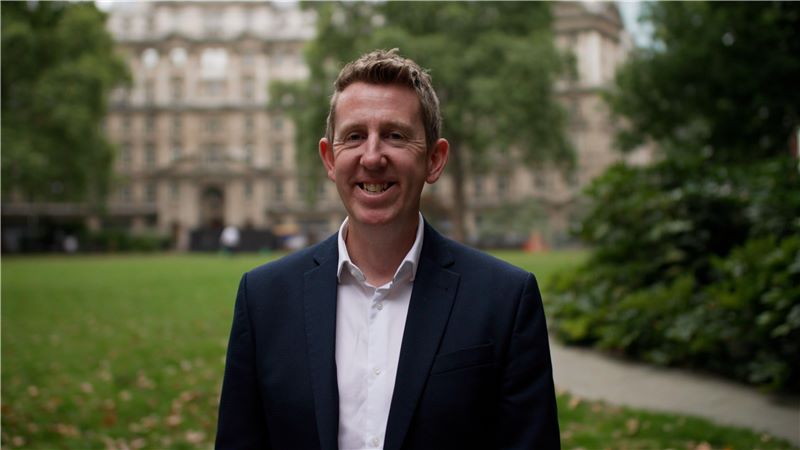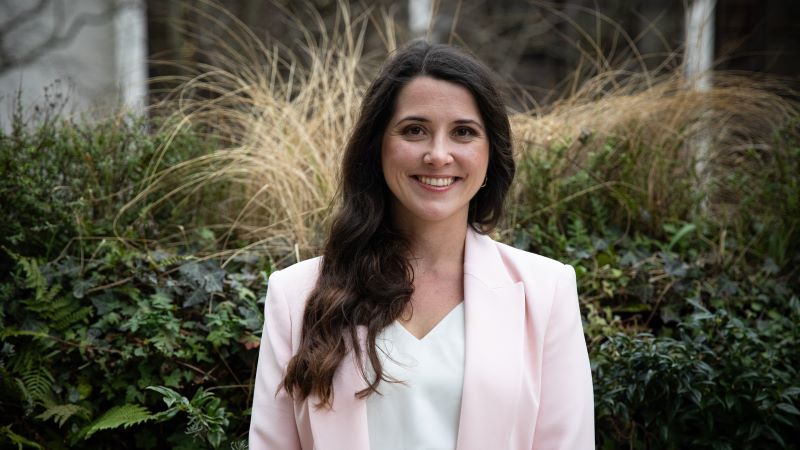
Aleksandra Przydrozna
Associate Director - MEP
Consultancy, UK
With passion for pursuing a better future for our existing building stock, Dr Aleksandra Przydrozna has spent her career learning and innovating. As our Retrofit Integration Lead at Mace, her ambition to create positive change has inspired an entire team within the business that is dedicated to solving problems and helping our clients create industries of the future.
- How did you get into what you do?
-
Growing up, I had a whole range of interests, which even included art, theatre and journalism. Eventually I realised though that what I actually love is to problem-solve, and find solutions where, before, there was ambiguity. This led me to pursue engineering.
In Poland – where I’m from – the economic crisis of 2008 had a ripple effect on the search for climate solutions, becoming a catalyst for many energy efficiency innovation projects across the country. I began collaborating with academics in this area around this time, which sparked my passion for the sector and an ambition to explore it further. I wanted to bring something new to the table, which spurred my decision to move abroad and explore other areas of engineering.
- What do you enjoy most about your current role at Mace?
-
I love growing my team, which started as just me and is now made up of 12 people. Our team is multidisciplinary, which provides a lot of opportunities to grow together. Learning from one another has allowed us to make strides with developing new, sustainable solutions for our clients.
- How do you redefine the boundaries of ambition?
-
Our approach to retrofitting is certainly a redefinition of how things have previously been done. Retrofit itself isn’t new, but at Mace, we’ve recognised that a ‘one size fits all’ approach doesn’t work and coming to each and every project with a fresh perspective is the best way to find innovative solutions to meet that project’s specific requirements. Historically, the default plan for buildings that are seen as no longer fit for purpose has been to demolish and start again, but we’re moving the dial by providing clear, evidenced guidance that is changing the current ways of working, even within this advancing field.
- Why Mace?
-
When I was first approached with the opportunity to work here, what really struck me about Mace was the fact that its consultancy practice is grounded by decades of experience in commercial construction. The relationship between the business's Consult and Construct engines enables us to create an end-to-end delivery journey and do this at scale. As part of a larger organisation with significant clients, we’re able to accelerate things and act as agile partners. This really attracted me to the business because my goal was to make a difference and have a significant impact. I couldn’t think of anywhere better to do that than Mace.
- What motivates you everyday?
-
I am really motivated by diversity in the challenges I’m presented with, because it means more problem-solving opportunities! I don’t necessarily have the answers at the start of a project, but setting up the process to find the answers keeps me motivated and keeps my brain ticking over.
- What skills do you need to be good at your job?
-
Soft skills are crucial so that you can engage with teams and clients interpersonally and relate to the challenges that affect them. Confidence and the ability to showcase exactly what makes your team’s offering stand out from the crowd is also vital.
Dealing with ambiguity is another skillset that I would recommend you develop. My area is one that isn’t always well-understood so being able to identify what the problem is and how to solve it, without it being clear-cut, is very important to proactively address challenges that clients are facing.
Certain technical skills also need to be developed at the start of your career. At my level, having a technical foundation and understanding of the detail is important in guiding my team to make decisions for the benefit of our clients. An entrepreneurial mindset is also helpful in building those technical elements into something that is commercially achievable and unique to the market.
- What advice would you give to someone looking to get into what you do?
-
There’s no one answer to this, and I think anyone can work in this field if they’re passionate about it. I think there are two questions that anyone interested in working in retrofit should be asking themselves. The first is, are you interested in problem solving? And the second is, what will our built environment landscape look like in the future, whether that’s in one year, in five years or in 2050?
The challenge of retrofitting the number of buildings we need to in the coming years is significant, and understanding what part you want to play in contributing to the solution is a great place to start from. There are all kinds of roles that have a place in contributing to the future of the retrofit sector; my advice would be to look at specific routes and explore training opportunities. If you have the passion, then you really can’t go wrong!
- If you hadn’t got into this line of work what do you think you might be doing?
-
I love dancing and used to dance semi-professionally, both in Poland and internationally. That will always be a passion of mine, but I have a lot of interests that I would have liked to explore, including a legal career. Considering legislation such as the Building Safety Act, there are a lot of challenges ahead in the built environment sector and I think specialising in construction law would’ve been an interesting alternative path.
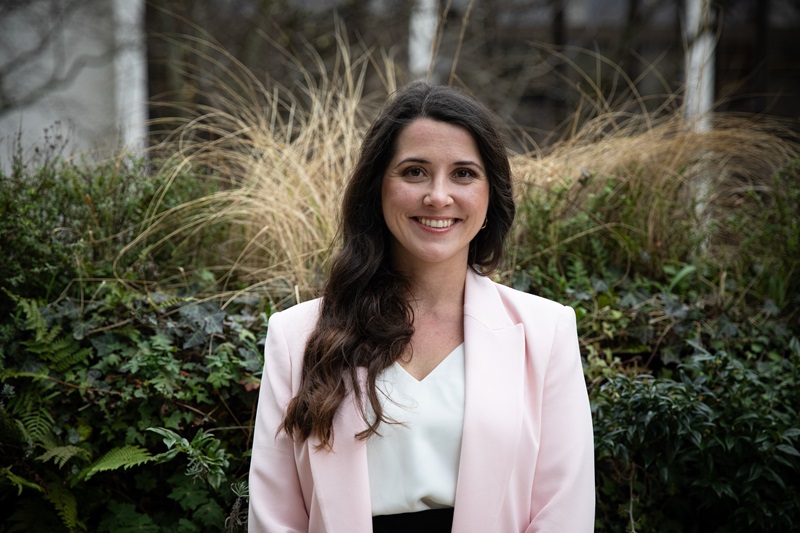
“There are all kinds of roles that have a place in contributing to the future of the retrofit sector… If you have the passion, then you really can’t go wrong.”

